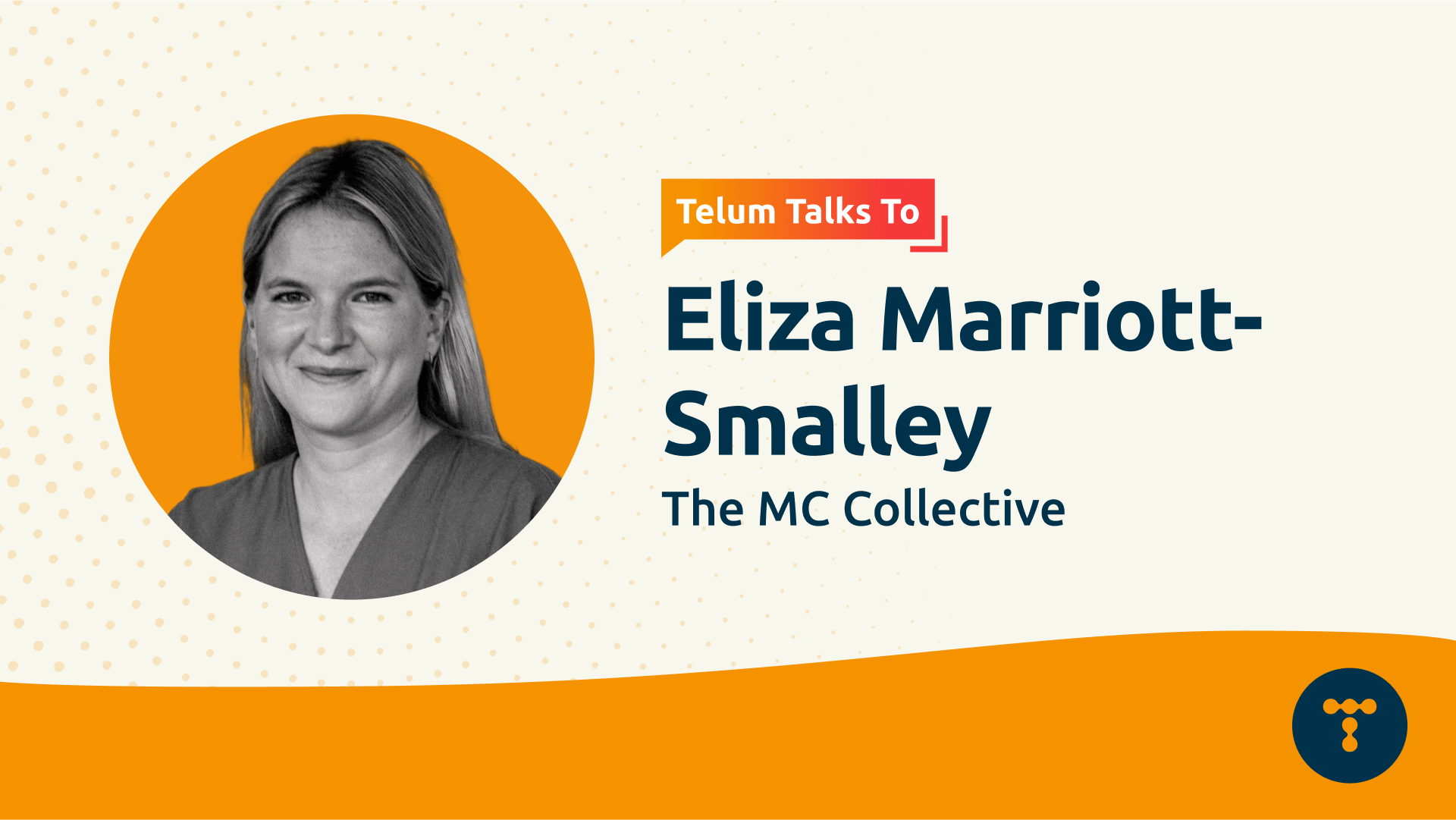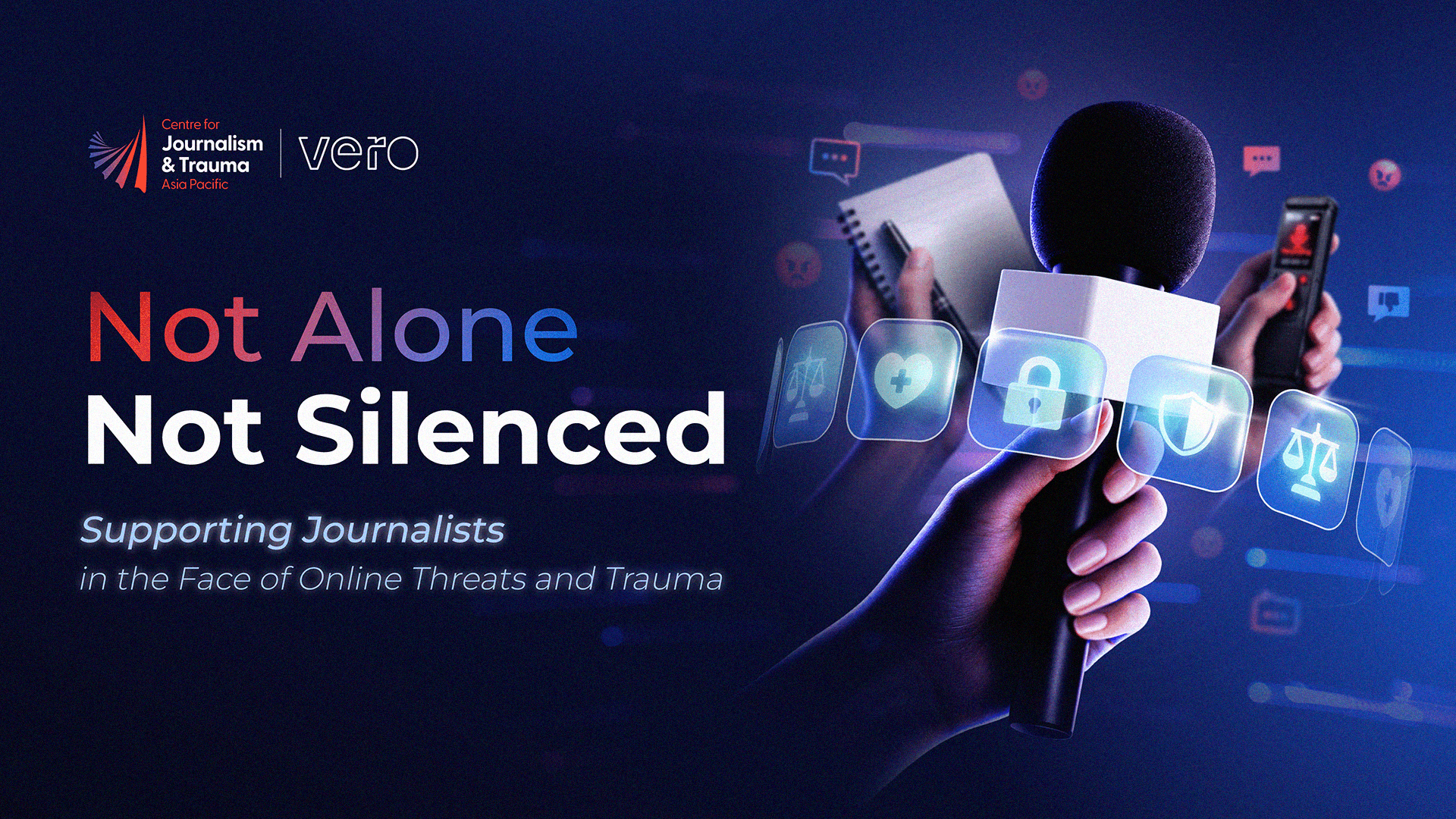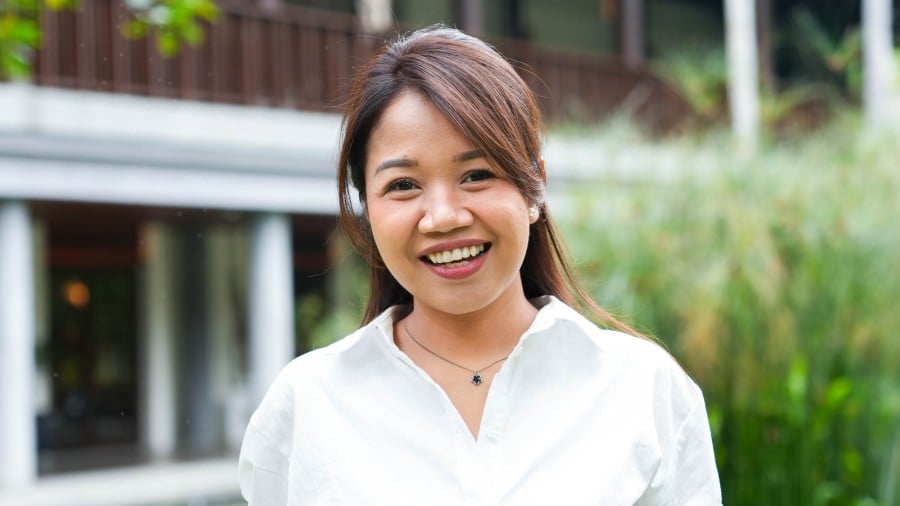After years in traditional agencies, Eliza Marriott-Smalley set out to build something different - a senior-led boutique agency designed for flexibility and balance. Telum Media spoke with Eliza to hear her insights on how The MC Collective is challenging legacy models and carving out its own rhythm in today's PR landscape.
You've spent years in the agency world - looking back, what were some of the key gaps you saw in how agencies typically operated?
Let's be clear from the start - this isn't another agency-bashing exercise. There's definitely brilliance in the system. But I do think the value of small is often overlooked.
One of the biggest gaps I saw in agency life was how poorly it supports experienced talent - especially parents. Traditional agencies often grind people down with unsustainable hours and rigid structures. And as life changes, the model just doesn't flex. As a result, you lose a lot of senior talent.
That creates a broken ecosystem. On one side, you've got teams overwhelmed and unable to serve clients the way they aspire to. On the other hand, clients arena seeing a strong return on their budgets - and retention suffers. You lose good people, and you lose clients. It's a cycle that just isn't sustainable. I also think some agencies have a tendency to prioritise scale over quality, and that rarely ends well.
With The MC Collective, what are you doing differently? How has that approach changed the way you work with clients and your team?
At The MC Collective, we're building what I'd call a more harmonious ecosystem - one where the team is motivated and clients feel genuinely supported.
We run on a flexible model rooted in deep experience. It prioritises balance and gives us the space to do exceptional work on our own terms. No burnout. No hierarchy. Everyone's empowered and trusted to make decisions.
For clients, we bring the strategy and creativity you'd expect from a bigger agency - but with stronger, more reliable execution. Because we're exclusively senior-led, the people you meet in the pitch are the same ones working on your account day in and day out.
Being regionally based also helps. We're able to bring together local insights and broader trends, offering clients a regional outlook without the overheads of a large agency.
We intentionally keep our client roster small and manageable so that the whole team can stay involved. There's no unrealistic workload - just the focus to do the job well.
Flexibility is also essential here. As most of our team members are working mothers, and I want our people to go to the yoga class or their kid's concert - there's no need to explain it. No one has to say, "I'm out for the morning because of X, Y, Z." They just say, "I'll get to it at this time."
Financially, it's simple: the better we perform, the more clients come on board, and the more our people earn. We operate on retainers, so client happiness directly supports our sustainability. We deliver big-agency thinking in a more affordable, proactive way.
Affordability is key, too. We've stripped out the overhead - we all work remotely, there's no big office, and no unnecessary fluff. That lets us offer very competitive pricing, which is more important than ever in today's cost-of-living environment.
And as a result, we've built fantastic relationships - both within the team and with our clients.
How do you balance the benefits of your lean, senior-led model with the demands of serving diverse markets, while managing client expectations?
With a small-capacity team, we have to be deliberate about how we work. That means being efficient, staying sharp, and knowing how to scale up or down depending on what the brief requires.
We also tap into a trusted network of specialists when needed, and we're careful about where we focus our time. It's about working smart, not just hard.
Client education plays a part too. Some clients are naturally more comfortable with bigger teams - there's a sense of safety in numbers. So we show them that because we're senior-led, we're faster, sharper, and more focused. There are no unnecessary layers or long-winded meetings.
We do take time to explain that trust is key to this model - and I think the results speak for themselves. One of our clients is now in their third year with us, which I believe reflects our ability to consistently deliver.
With journalist roles and newsroom structures constantly evolving, how do you go about building and maintaining strong relationships with the media?
I've been in Singapore for a decade now, and I remember when we could have long lunches and lots of face time with journalists. But things have changed - they're more time-stretched than ever. Where once there might have been five reporters covering a publication or beat, now it's often just one person doing it all.
Hence, I think it really starts with respect. We try not to disrupt their day but instead fit into it.
When it comes to pitching, it's our job to do the homework as good PR practitioner and always approach them with relevant angles.
In the lifestyle space, we often have event invites - and again, it's about making it work for them. We schedule things at times that suit them, and it's not always about a PR person playing host. Sometimes, it's just letting them enjoy the experience on their own terms, or even catching up with a friend.
Ultimately, journalists will come to you if they know you're reliable and you've got an interesting story. For me, it all comes down to relevance, respect, and building long-term credibility. You have to see journalists as people first - not just assets to pitch to.
Previous story


-2.png)
